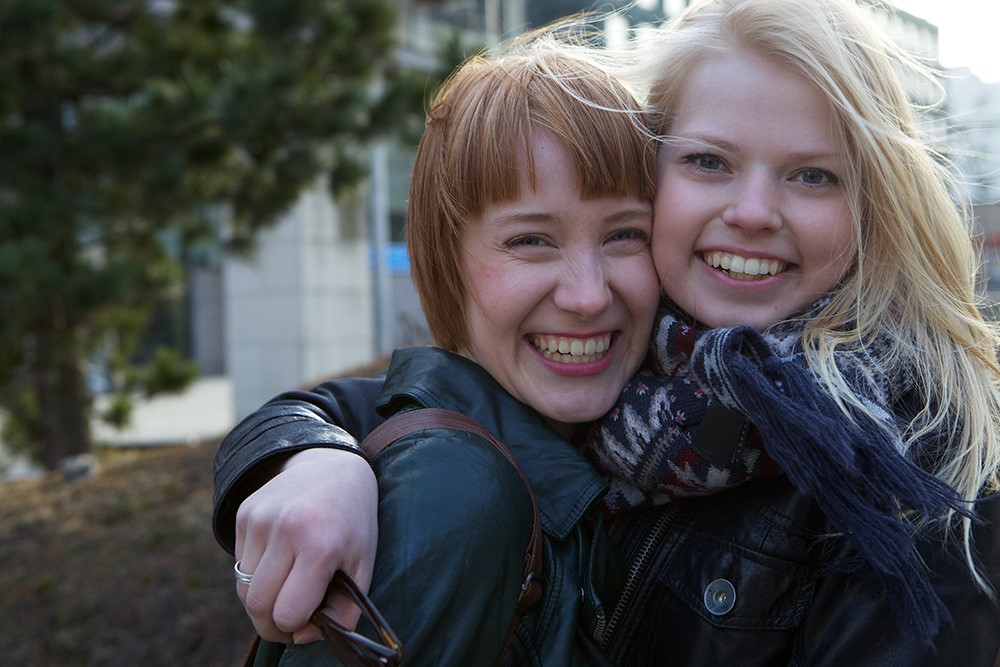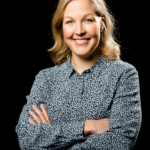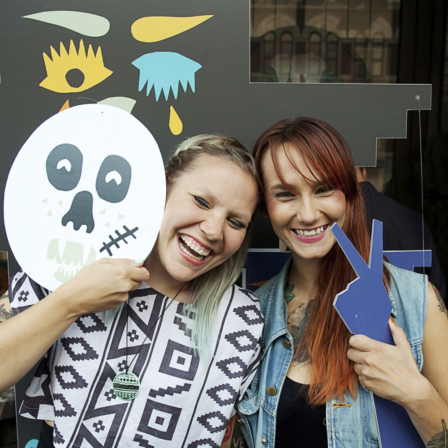As the world changes more rapidly than the Finnish education system, the gap between life and education has widened. The amount and availability of information has exploded: new professions emerge and vanish at an ever-increasing pace; learning is everywhere. It may well be that a person benefits more from playing a mobile game than from learning the cases of the Finnish language. The main task of schools should be to identify learners’ strengths and develop their learning skills. Working with one’s hands, social skills and individual interests must be given higher priority, and phenomenon-based and project-based learning must be widely introduced at all levels of education. Small changes will not do. Refusing to change will put education at risk of becoming irrelevant, an institution disconnected from the rest of society. That would be a waste. Sitra’s New Education Forum, whose six-month term ended in June 2015, insists that education must not settle for adapting to change, but should also act as a driver. It does not matter whether one remembers the names of the rivers in Ostrobothnia, recognises the common plantain or has beautiful handwriting. What matters is having a thirst for learning. The New Education Forum’s vision for Finland is “a land of people who love to learn”. Education is facing major changes that cannot be solved with money. “We have long ridden the wave of Pisa hysteria, telling ourselves that our schools are good. And they are excellent – by yesterday’s standards. Our schools do not meet current or future needs,” says one forum participant, the Head of the Teacher Education Department at the University of Jyväskylä, Tiina Silander. In the New Education Forum’s opinion, it is essential to open up learning environments more effectively to the surrounding society and community. One source of inspiration could be the maker culture, in which DIY projects help people learn problem-solving skills in a common creative network. All the information is already available on the internet. In physical places, people gather together to apply and further develop that information. The wall between educational institutions and the rest of the world must become porous, enabling a constant two-way transfer of thoughts and skills. This would also give learners the opportunity to play a role as active citizens and members of society. In schools, teachers must make the transition from working alone to teamwork and a sharing culture. The flexibility of teachers’ working times must be developed. In addition, the forum suggests introducing competency-based assessments: “Individuals who are skilled with their hands will never be admitted to study in their field of expertise if we do not stop focusing on the average grades of school-leaving certificates. If I want a skilfully crafted wooden boat, what do I care if the person who makes it got a six in Finnish and five in environmental studies?” remarked another forum participant, class teacher Maarit Korhonen. Higher education institutions should shift from degree programmes with a narrow focus towards more broad-based study modules. The education pipeline should be replaced with flexible and personalised study paths. We need to find new solutions for making hobbies and competencies more visible. “We live in a world where your professional skills are becoming increasingly linked to your hobbies,” says Neogames Senior Policy Analyst Jari-Pekka Kaleva. “Maintaining your personal competency level is based on passionately tracking what happens in your own field of expertise and absorbing new skills before your school or employer has even heard of them.” In addition to the changes described, the New Education Forum suggested channelling project funding to ground-level reforms, increasing co-operation between technology developers and educators, speeding up the introduction of digital educational materials, promoting people’s utilisation of data that are related to their own learning and building a single education export strategy for Finland. The full version of the New Education Forum’s publication, A land of people who love to learn, is available here (in Finnish; English version forthcoming). It was jointly written and compiled by all the participants of the New Education Forum. The New Education Forum is part of Sitra’s training activities, aimed at strengthening the capabilities of Finnish decision-makers and opinion leaders to tackle key social challenges and future opportunities together. The forum brought together a group of opinion formers from all walks of life, ranging from grass-roots actors to political decision-makers. While learning from one another, they explored the structural and cultural changes required for the Finnish education sector. The New Education Forum was launched in December 2014 and closed in June 2015.
Finnish education is based on meeting yesterday’s standards
Finland's education system cannot afford to rest on its laurels if it is to tackle future needs...





Recommended